Why Colleges and Universities Should Address Faculty and Staff Mental Health
Timely MD
AUGUST 7, 2023
While much attention has been given to the mental health challenges faced by college students, it’s crucial for higher education leaders to recognize the personal and professional hardships experienced by faculty and staff as well.




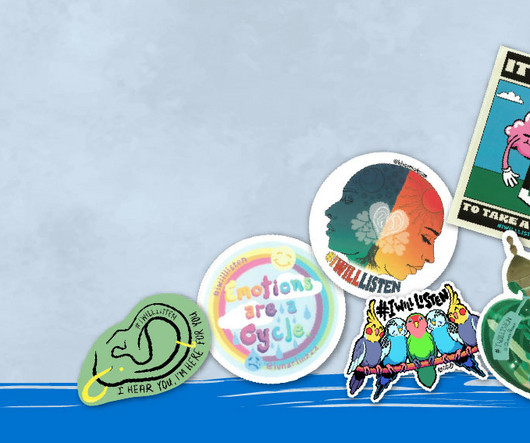



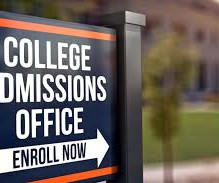

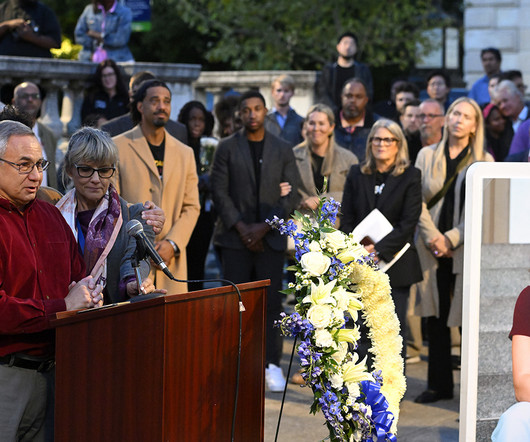










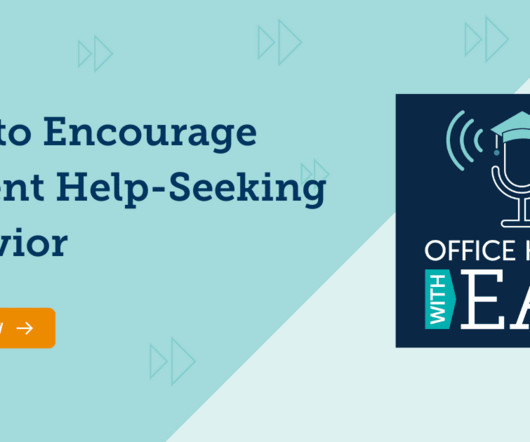

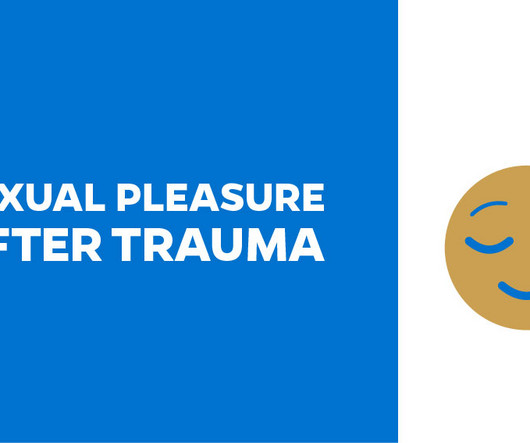






Let's personalize your content